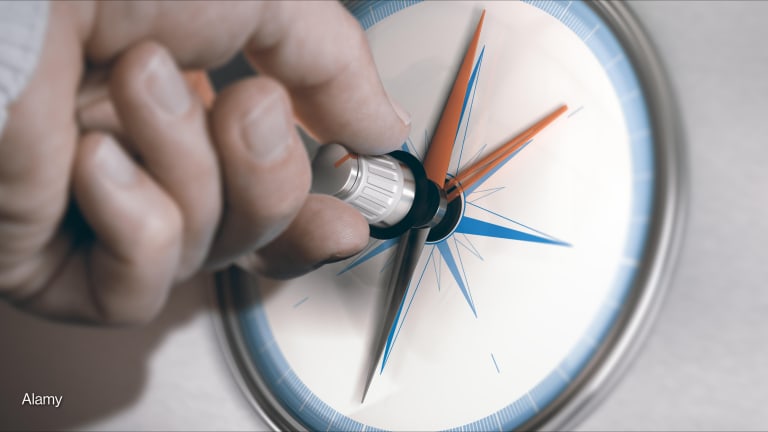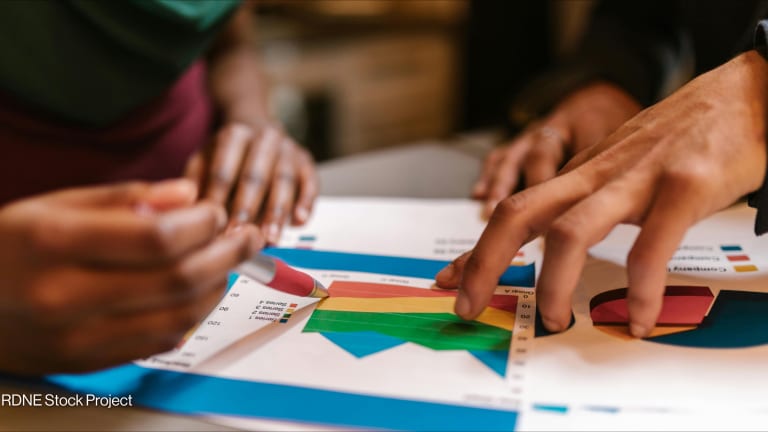In a fast-changing world, international nongovernmental organizations in the United Kingdom realize that their role has moved on from acting as the northern arm of global international development, sharing ideas and expertise with the “global south.”
That is according to Bond, the U.K. network that brings together more than 400 NGOs and which has embarked on a process called “Tomorrow’s World” to help U.K. INGOs rethink their future role.
Devex spoke to Bond and to a number of NGOs involved in the initiative to learn more about their initial conclusions. These, it is hoped, could provide some pointers for other “northern” INGOs.
Printing articles to share with others is a breach of our terms and conditions and copyright policy. Please use the sharing options on the left side of the article. Devex Pro members may share up to 10 articles per month using the Pro share tool ( ).








